You want your kids to be fit, strong, healthy and happy right? But there’s so much noise out there in the media, in government guidelines and on social that it’s very confusing. You worry you’re not providing them with the right nutrition. At Levitise we’re really passionate about helping our kids get the best start in life. So we’ve put together this no-nonsense article, that will answer all of your burning questions, about how to take care of healthy nutrition for your kids in Singapore.

Intuitive Eating
Did you know that your kids know more about what they should be eating than you! Sounds controversial? Let me explain and if you are a mother, you will know this is true.
Babies are born with an innate primordial wisdom that tells them that mother’s breast milk is best. Present a baby with breast milk, a head of broccoli and a rib eye steak and it will go for the breast milk every time. Breast milk contains all the macronutrients, minerals and vitamins required to grow a baby into a child. It’s a perfect food.

Kids also have an innate wisdom and know exactly what their body needs as long as they are strictly presented with healthy foods that do not confuse their brains. For example meat, fish, eggs, dairy, vegetables, fruit and tubers (potatoes, sweet potatoes) are all healthy, natural foods.
Stick some broccoli, a lamb chop and a pile of potatoes in front of a child and they may go straight for the lamb chop and just eat the fat. Or they may go straight for the potatoes and only eat that. Or they may eat the meat off the lamb chop and ignore the fat. They will eat what they need. And that will vary day to day and hour to hour.
Now if you present them with a large bowl of ice cream at the same time, they will go for the ice cream. Ice cream is a modern food that confuses our biochemistry and causes our brain to scream at us, “Eat me! You need this now!” That combination of calorifically dense fat (cream) and carbohydrates (sugar) does not exist in the natural world, it overrules our innate wisdom and confuses us. Likewise potato chips and crisps, deep fried foods, cookies, cakes, instant noodles and pizza all fall into that same category. They are unnatural foods that confuse us, tempt us, beg us to eat them. They have been specifically designed by food scientists and men in white laboratory coats to be addictive. We need to do our best to avoid them.
So we need to start kids off young, and only present them with healthy options whilst we’re still in control! And when we do that, we can let them intuitively decide what they need. You’ll be amazed at what they choose some days over others.

And do you know what? Even adults should intuitively know what they should be eating. But after decades of listening to the media, governments, doctors and our friends we have stopped listening to our bodies and started listening to “external advice” which ultimately ends up in us make sub optimal choices. Retraining adults takes a little bit more work though!
So the first part of this is simple. Present your children with healthy foods and let them eat what they need and don’t sweat it if they don’t shove handfuls of broccoli in their mouths when they probably don’t need it. Which takes me to the next point.
Nutritiously Dense Foods
So the most nutritiously dense food in the world for a baby is breast milk. It contains everything that's essential. And we should follow that lead as we wean babies and all the way through childhood and adolescence. Growing kids always need nutritiously dense foods. And what are the most nutritionally dense foods in the world?
- Meat (particularly the organs)
- Seafood (especially molluscs, fish eggs, liver and liver oils)
- Eggs (chicken, duck, goose etc.)
- Dairy (particularly butter, cheese and high quality milk if you can get it)
- And then adding in 'safe starches' we have healthy carbohydrates such as potatoes, cassava, taro, jicama, plantains, yams, sweet potatoes and then slightly less so brown rice, and then white rice. But you can turn brown rice into quite a superfood if you soak it for 24 hours and then cook it in bone broth and butter so it soaks up all those vitamins and minerals.
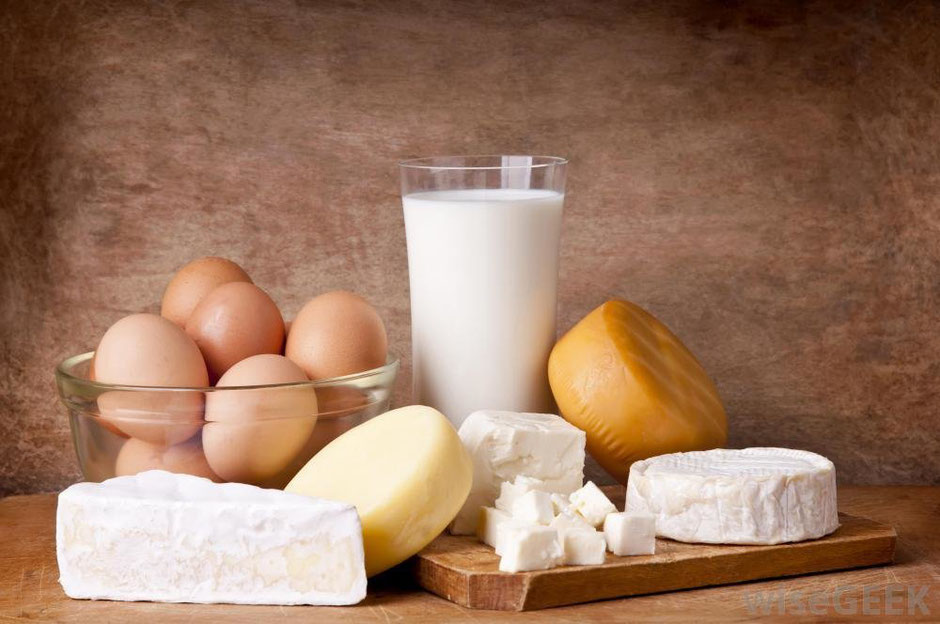
You pretty much have all your minerals, vitamins and energy requirements covered by those 5 food groups. The main nutrient that’s missing is vitamin C which is found in small quantities in milk but mostly in veggies. But what’s vitamin C for? Mainly for detox. It prevents the vegetables from oxidising. It’s an antioxidant that prevents toxicity and disease. But kids are not toxic! They’re born perfect! Humans accumulate toxins over time, years and decades. So shoving vegetables into kids is not necessary. Adults are toxic, they need veggies!
However we should prevent kids with veggies and let them decide for themselves. They may need them. But we should not stress over it if they don’t eat them.
![Breast milk contains 6.2mg of vitamin C per 100g (U Hoppu et al, 2005) and brocolli contains 64.9mg per 100g, 10 x more. Two conclusions. Either [A] breast milk is sub-optimal (evolution fails) or [B] vitamin C is not very important for kids.](https://image.jimcdn.com/app/cms/image/transf/dimension=940x10000:format=jpg/path/s6aa8d64f628a469a/image/i6f8e5587976d7829/version/1636178313/breast-milk-contains-6-2mg-of-vitamin-c-per-100g-u-hoppu-et-al-2005-and-brocolli-contains-64-9mg-per-100g-10-x-more-two-conclusions-either-a-breast-milk-is-sub-optimal-evolution-fails-or-b-vitamin-c-is-not-very-important-for-kids.jpg)
Don't Give Kids the Bad Stuff
Sugar contains zero minerals, zero vitamins, zero phytonutrients, zero polyphenols. It's the complete opposite of a nutrient dense food. It is a nutritional black hole.
Sugar contributes to high blood pressure, heart attacks, high cholesterol, pancreatitis, obesity, increases stress and anxiety, liver failure and fetal insulin resistance. It’s addictive, a neurotoxin and an excitotoxin. It’s basically a drug. Less sugar is always better, no sugar is best. Honey and maple syrup are far superior alternatives for desserts.

Vegetable seed oils such as sunflower, canola, safflower and corn oils are really really bad for you. We talked about them here and explained how they contribute to cancer, heart disease, premature aging, liver damage, poor immune health, poor fertility, lung damage, depressed learning ability, poor growth, high blood pressure and weight gain. Dr. Thomas Lodi, Bulletproof Dave Asprey and Investigative Health Journalist, Jeff Nobbs have all said that consuming industrial vegetable seed oils is worse for you than smoking.

Refined carbohydrates such as cakes, cookies, cereals, biscuits, white bread, pasta are sub-optimal food choices. Sure go for Italian and have a pizza every now and then but consider it an exception and not a 'treat'. You never want to associate unhealthy foods with the word 'treat' otherwise you create an emotional bond that will be almost impossible to shake in adulthood.
Treats should be high quality nutrient dense foods like abalone, lobster, otoro (tuna belly), tenderloin, filet mignon and ikura. And when you give them to your kids wrap them up in an emotionally positive package.




Practical Tips
If your kids are eating school lunches, it’s likely the quality of food served in the canteens is very poor. Hence, it’s super important to give them a good breakfast before they go to school. Otherwise they’re only having one quality meal a day at dinner when they get home. Out of 15 meals, Monday to Friday, they’re only having 5 good ones!
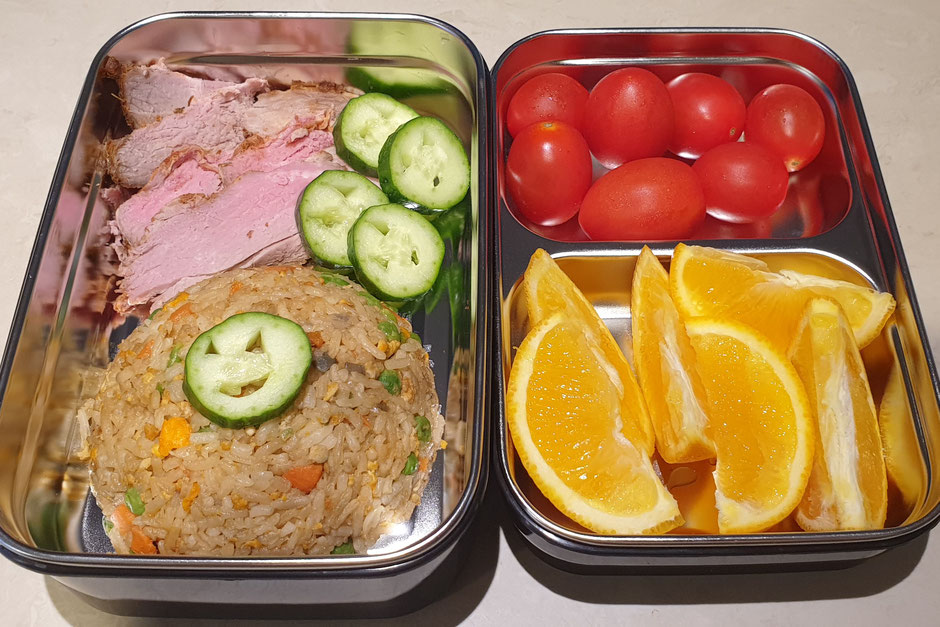
And what to give them for breakfast? Exactly what you gave them for dinner the night before! That’s easier if they are young and haven’t got used to a highly refined carbohydrate breakfast (white bread, jam, cereals etc.). If they require some manoeuvring then you can switch to healthier breakfasts such as oats or oats and fruits with big knobs of grass fed butter (high in vitamins A, D, E and K2). Or if you can get away with it maybe congee with some chicken and veggies. Or something more European like bacon and eggs. Doesn't need to be perfect, just continually strive to make better choices.
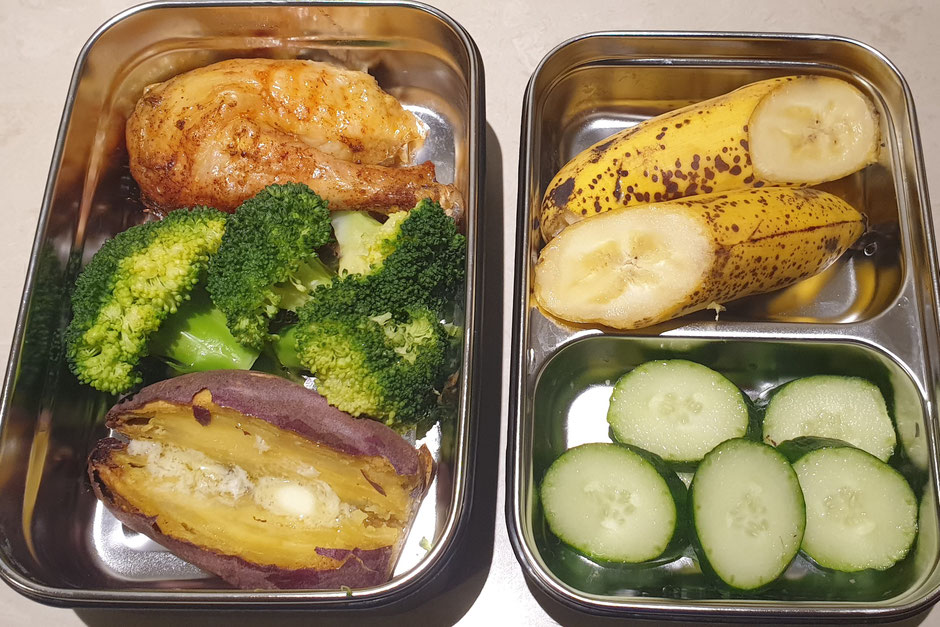
For packed lunches we have provided some examples in the pictures. For young kids give them anything that’s healthy. As they get older you might need to make things a bit more colourful as you’ll be competing with the processed nasties that their friends are eating in the canteen. You have to go out of your way to make everything look appetising. That's where fruit and veggies help - they add a lot of appealing colours. Think like the Japanese, arguably the true founders of “haute cuisine”!
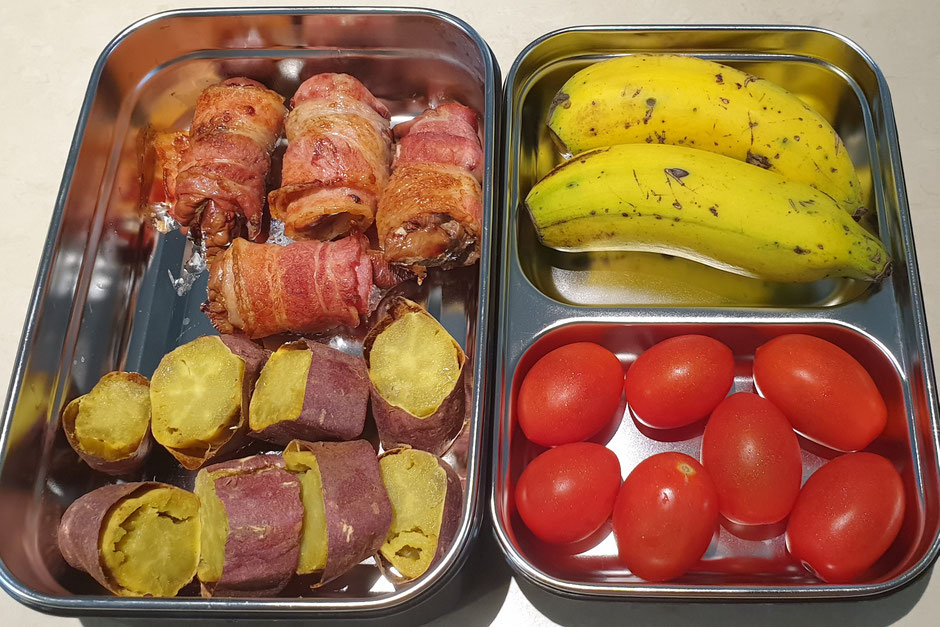
With dinner you’ll have a lot more time to ensure they have a good feed. Just concentrate on nutrient dense foods and avoid the toxins. If you really want to encourage them to eat more veggies, then cooking them in the oven sweetens them up as the sugars caramelise and then covering veggies in a good sea salt + butter will massively increase the palatability for children.
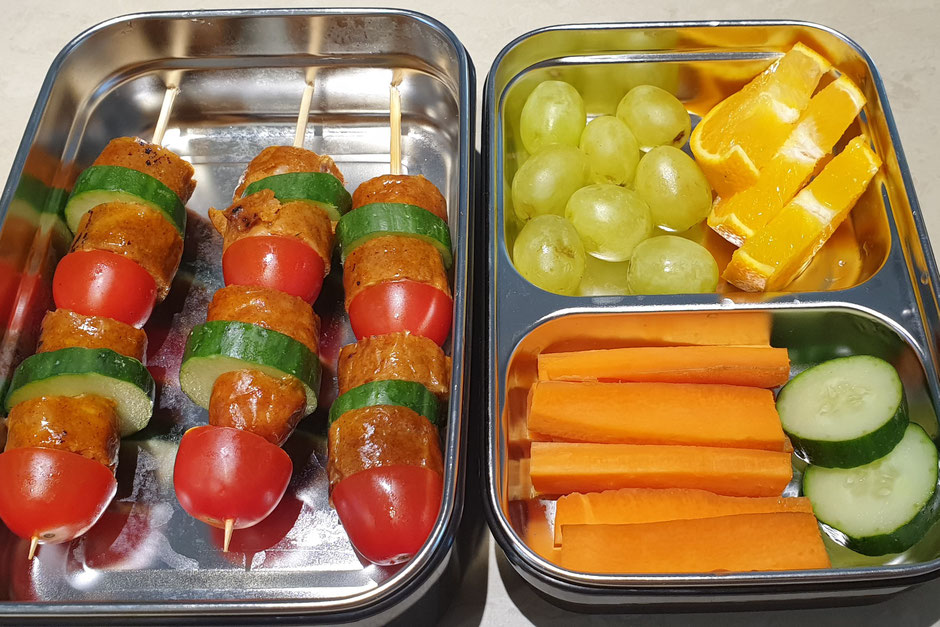
Desserts. If your kids are used to unhealthy desserts like ice cream, then it’s time to wean them off of it. Make a big deal about giving them an alternative with a huge show of emotion! Say something like this, “Tonight we’re going to eat an extra special recipe that you will LOVE. Oven baked berries with a big dollop of crème fraiche, chocolate nibs and maple syrup.” Give them a kiss and a cuddle at the same time. ‘Bling’ up the healthy dessert with love. This works better if the kids know there is no ice cream, cakes etc. in the freezer/fridge. Good luck!
Wrapping Up
So I hope that helps. It's really kinda straight forward as long as you let the kids have a certain amount of autonomy and just provide them with good quality real food.
Some of you contacted us directly with very specific issues that we'll answer here with some quickfire Q&As.
How much animal protein is required is required?
As much as they need. Trust their instincts. When they have had as much as they need they will just stop eating it. Do not force them to finish it. Just wrap it up and stick it in the fridge. Try and ensure you provide them with the best quality (grass fed/pastured and organic) that you can afford.
How much sugar is too much?
How many cigarettes are too many? Try and get the sugar as low as possible. The best way to do that is to start switching sugar out for healthier alternatives such as dates, figs, tropical fruit, maple syrup and honey.
How to reduce dependency on sugary foods?
So first make sure they have enough carbohydrates to meet their energy needs in the day, so they don’t crave super dense sugary foods in the evening. Plenty of potatoes, brown rice or even white rice. Switch from unhealthy processed dessert to homemade desserts, preferably those with fruit + cream rather than sugar/flour. And don't associate sugary foods with emotinally charged phrases.
How can we process our foods so that they actually nourish our bodies rather than damage it?
Check out Jo Robinson’s book “Eating on the Wild Side” for how to cook veggies to optimise their nutritional benefits (lightly steaming mostly). Meat and fish should be cooked enough to kill bacteria but don’t need to be nuked. Deep frying should be avoided, even with healthy oils. Soups and stews are great but keep the lid on whilst cooking to prevent the nutrients from escaping in the steam.
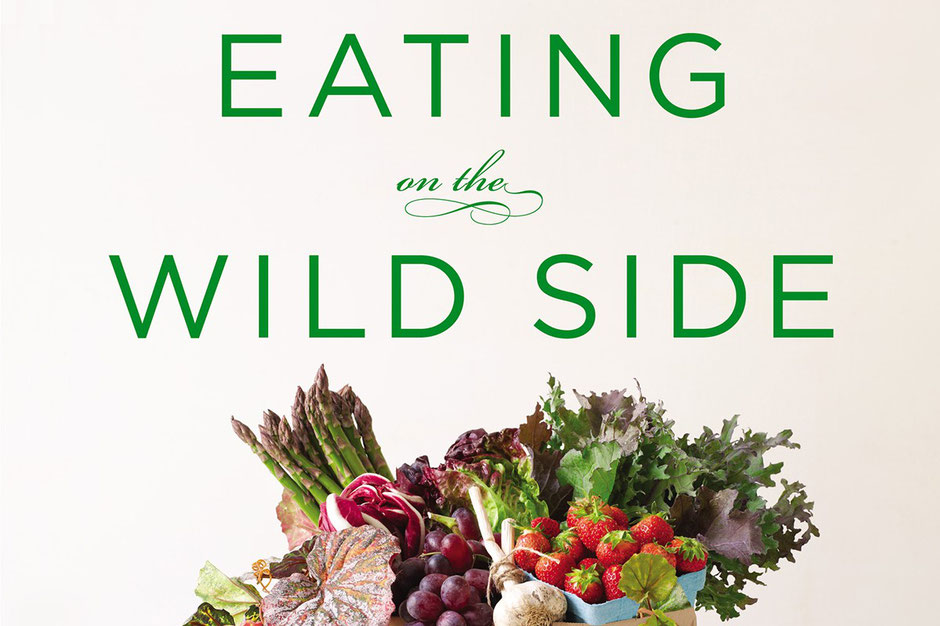
How to support a pre-pubescent body for the upcoming changes?
Again allow them to follow their instincts as long as you are providing them with healthy options. Then let them choose. Sometimes they may need a whole steak. Other days they may want to eat veggies only. Trust them. You may have to remove all junk from the house however - sweets, snacks, cakes, biscuits, instant noodles etc. And if they are only eating healthy food they will have zero acne.
Eating out and kid’s menus
Kids menus are garbage - they basically consist of refined white flour, sugar, poor quality meat/fish and then deep fried in carcinogenic vegetable seed oils. Give them something off the adult menu. If they are young kids, you can give them a starter off the adult menu.
Family meals
So really there’s no difference between preparing a meal for adults than for the kids. Present the food on the table and let everyone decide what they need. Just ensure there are always plenty of high quality nutrient dense options (see above).
Fussy Eaters
There WILL be something that your child likes and needs. You need to become a detective and work out what that is. And then present them with the best version of that that you can. Unless there is some emotional reason behind the eating disorder then that might require some work with a coach.
How to plan complete nutrition in a practical way?
So one of the best ways to do this is to make sure you’re rotating foods every day. So for example beef on Monday, Fish on Tuesday, Shellfish on Wednesday, Chicken on Thursday etc. Likewise with fruits, veggies and carbs (sweet potatoes on Monday, rice on Tuesday etc.). This ensures that you’re hitting all of the nutritional bases. More on that here.
How to help them make healthy choices for snacking?
If they are already teenagers and have their own money to spend on snacks, it’s tough. The best you can do is provide them with the best breakfast you can that hits all the macro and micronutrient bases, so they go to school well fed and nourished. Hence less likely to snack on junk. And then give them a good dinner in the evening. So at least you know they are eating well for two thirds of the day. If they are young kids, however, you will have more control. So don’t give them unhealthy snacks, school lunches or pocket money to waste on sweets!
To your health, happiness and longevity
The Levitise Team
P.S. If you love this blog post then do check out our fortnightly newsletter where you'll get the freshest content on health, nutrition and fitness delivered straight to your inbox. Don't miss out and sign up here.

Write a comment
Jen (Saturday, 20 November 2021 19:52)
This is an excellent article, thank you! With no help at home, I tend to prep meals during the weekend. If meats, veggies are chopped and frozen does this reduce nutritional value?
Alex (Sunday, 21 November 2021 19:57)
Hi Jen - great question. Freezing generally doesn't reduce nutritional content in the short term but it may reduce bioavailability of nutrients a little. But I wouldn't worry about it too much. Homecooked food with love is 1000x better than anything premade/packaged. Cooked meats do last quite a long time in the fridge however without the need for refreezing. Particularly stews and mince beef. Great job!